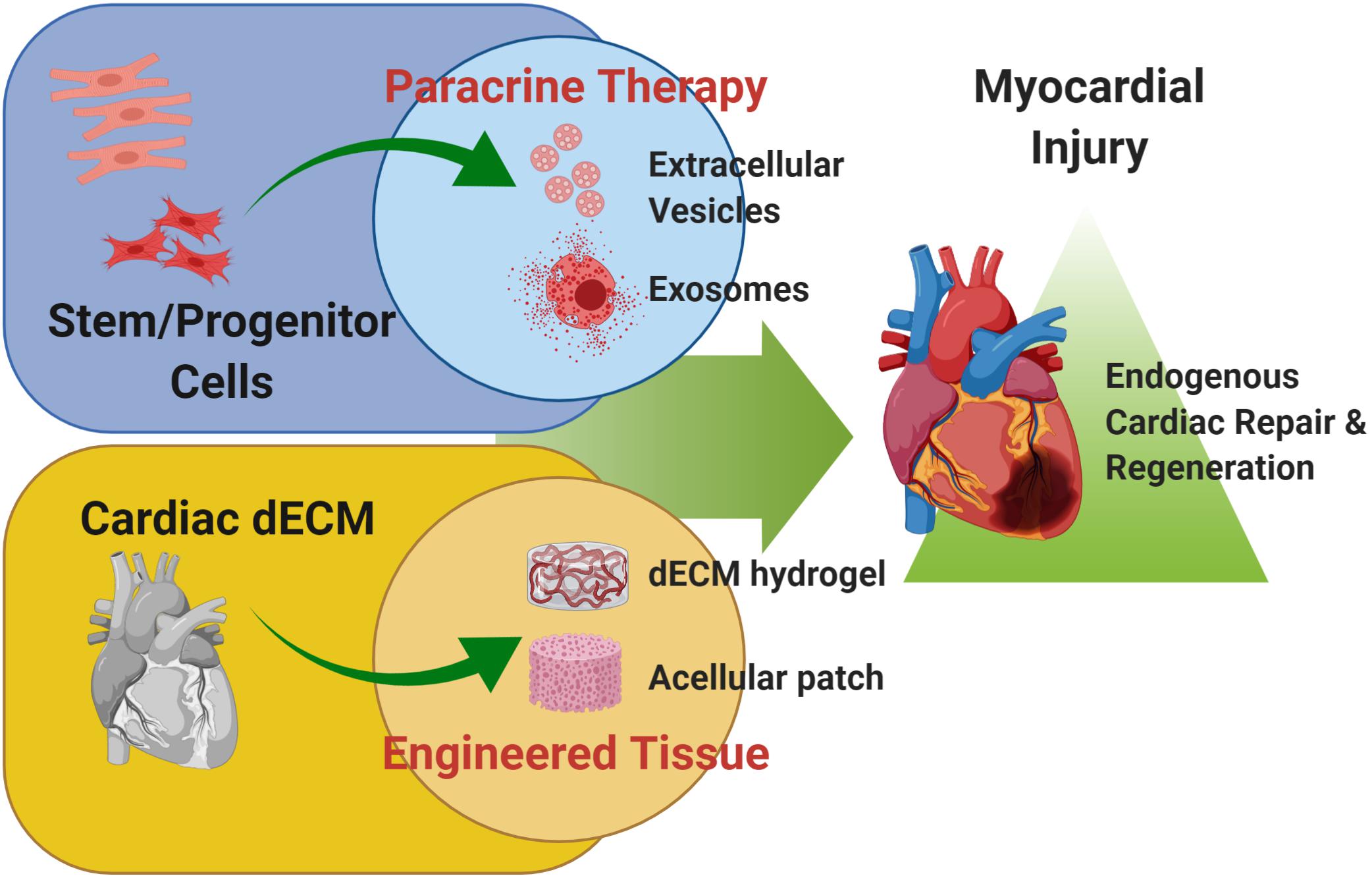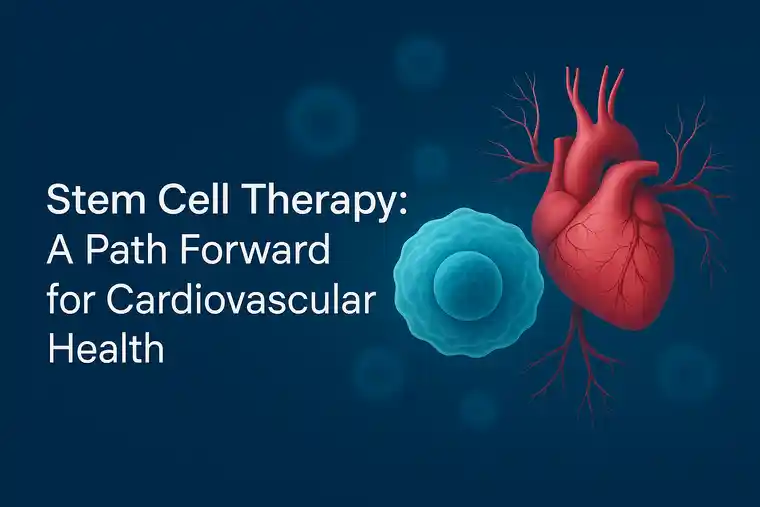Table of Contents

Could this speculative therapy reverse damage triggered by a heart attack? The heart muscular tissue relies on a consistent circulation of oxygen-rich blood to nourish it and maintain it pumping.
Though the heart is a tough organ, the damaged parts come to be incapable to pump blood as efficiently as they when could. Individuals who have actually had a cardiac arrest as a result might encounter a lifetime of maintenance therapymedications and various other therapies aimed at stopping one more cardiac arrest and helping the heart job more efficiently.
In a study released last February in The Lancet, researchers treated 17 cardiovascular disease individuals with an infusion of stem cells extracted from their own hearts. A year after the treatment, the quantity of scar cells had diminished by concerning 50%. These outcomes appear dramatic, however are they an indicator that we're getting near perfecting this treatment? "This is a field where, relying on which detective you ask, you can obtain exceptionally various solutions," states Dr.
"The field is young. Some research studies reveal only small or no improvement in heart feature, however others have shown considerably enhanced feature," he claims. "We're waiting to see if various other physicians can also accomplish truly excellent lead to other clients." Studies are creating such diverse results partially because scientists are taking various approaches to harvesting and making use of stem cells.
Lee. More long-lasting trials are needed to identify the duty stem cell treatment will certainly have in treating cardiovascular disease. When might stem cell therapy end up being a conventional treatment for damaged heart muscular tissue? "Some detectives assume this is just a couple of years away," says Dr. Lee. "And after that there are others that really feel that there is a lot more job to be done." Currently, stem cell treatment is offered only to people who join a research test.
Heart condition is a significant wellness issue and affects millions of individuals each year. According to the Centers for Condition Control (CDC), heart problem kills one individual every 33 seconds in the United States and is the leading reason of death for males and women throughout the majority of racial and ethnic teams.
Can you manage Heart Disease in today’s clinics?
Traditional treatments (medicine, lifestyle adjustments, and surgery) can help people manage symptoms and reduce the progression of cardiovascular disease. Yet what concerning after a heart-related event? They don't assist when it comes to repairing damaged heart cells. Heart stem cells promise to transform that scenario. These cells have significant capacity when it comes to heart regrowth and recovery.

(divide to make even more stem cells) and set apart right into cardiomyocytes (the cells within the muscle mass that make your heart contract) for myocardial repair work. That's especially true after events like a heart strike, where parts of the heart muscle mass could pass away due to an absence of blood circulation.
(the development of new blood vessels) to restore blood flow. And also, cardiac stem cells assist minimize swelling, making it much easier for tissue to heal and restore.

Once heart cells are lost, your body typically can't regenerate them. Stem cell treatment might make a substantial distinction in this scenario. Stem cells can help restore and fix damaged heart tissue by changing dead or malfunctioning cells with brand-new, healthy ones. Scientists are checking out various means to introduce these cells right into the heart, like direct shot into the broken area or utilizing scaffolds to aid the cells expand where they're required.
Some already reveal positive results, like boosted heart function and minimized mark cells. When it involves heart regrowth, scientists are studying several sorts of stem cells. Obviously, each has its very own pros and disadvantages:: These cells can become any type of cell, so they're very flexible.
How to access stem cell therapy for Heart Disease
: iPSCs are produced by reprogramming grown-up cells to imitate beginning stem cells. They supply patient-specific treatment, which reduces the threat of rejection.: MSCs are simpler to gather, particularly from bone marrow or fat tissue, and due to the fact that they're patient-specific, there's less danger of rejection. They also reduce inflammation and accelerate healing.
Navigation
Latest Posts
Exploring stem cell therapy and Peripheral Artery Disease
Are there supportive options for Atherosclerosis with stem cells?
Regenerative support for Heart Failure with stem cell therapy